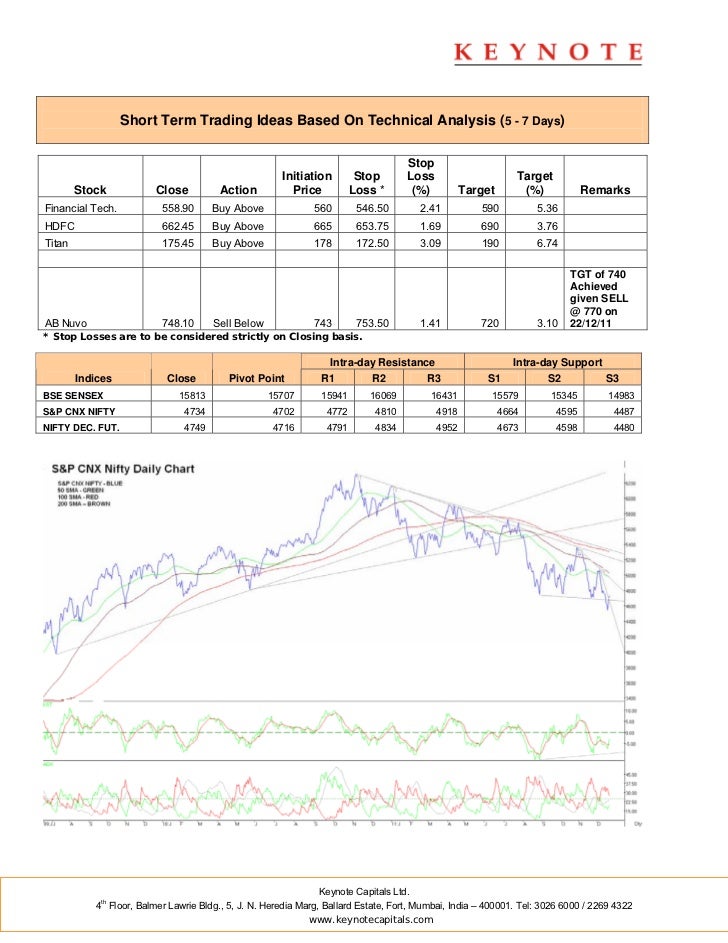

The objective of this multicenter study is to examine the impact of molecular subsets of MMR-D colorectal cancer and BRAF mutation status as molecular biomarkers of immune checkpoint inhibitor efficacy in patients with MMR-D colorectal cancer. Predictive molecular biomarkers for immune checkpoint inhibitors have not been identified in MMR-D colorectal cancer. Although the results of these studies are consistent with highly promising responses, patients with de novo (intrinsic) and acquired resistance to immune checkpoint inhibitors have been reported. Most recently, pembrolizumab showed a deep response as a first-line therapy with improved 12 and 24-month progression-free survival (PFS) rates as compared with chemotherapy. Pembrolizumab, nivolumab, and nivolumab in combination with ipilimumab have demonstrated dramatic responses with durable disease control rates in patients with metastatic MMR-D colorectal cancer. The different molecular and clinical features of sporadic and germline MMR-D colorectal cancer suggest these are different subtypes of which may exhibit differential response to immunotherapy. In the setting of MMR-D colorectal cancer, mutations in the BRAF gene, specifically BRAF V600E occur exclusively in sporadic cases. Germline MMR gene mutations that lead to Lynch syndrome, however, are associated with younger age of onset and left-sided colorectal cancer. Sporadic cases due to epigenetic silencing of the MMR gene(s) are associated with late-onset disease, higher prevalence in women, and right-sided tumors. Approximately three-quarters of MMR-D colorectal cancers result from somatic mutations or silencing due to hypermethylation of the MLH1 gene. The change in the size of microsatellites results in breaks and microsatellite instability (MSI), which triggers frameshift mutations in the affected locus of DNA, creating high tumor mutation burden, also called hypermutability. This dysfunction propagates mutagenesis in the DNA, particularly in the microsatellite regions. This functional loss results in impaired recognition and repair of DNA mismatches that occur during DNA replication. Mismatch repair (MMR) deficiency is defined as the loss of expression or function in at least one of the four clinically relevant MMR genes ( MLH1, PMS2, MSH2, MSH6). Mismatch repair-deficient (MMR-D) colorectal cancer is a unique molecular subset of colorectal cancer that accounts for approximately 5% of metastatic cases. Although substantial progress in the management of advanced-stage colorectal cancer has been achieved in the last decade, the 5-year survival of patients with metastatic disease remains low.

The majority of cancer-related deaths from colorectal cancer are due to metastasis. A concerning trend recently observed is the increase in advanced stage colorectal cancer in young patients, leading to a change in the recommended age of screening. The results of this study reveal clinically important biomarkers that potentially predict immune checkpoint inhibitor response in patients with mismatch repair-deficient colorectal cancer.Ĭolorectal cancer remains the third leading cause of cancer-related death in the U.S., despite the significant risk reduction with screening and early diagnosis. Larger cohorts are needed to confirm our findings. 54.2%, respectively p 65 had significantly worse PFS rates as compared with patients aged ≤65 ( p 65 years and liver metastasis, may be predictive of duration of ICI response in patients with MMR-D CRC.

Patients with MLH1/PMS2 loss had worse 1-year and 2-year PFS rates compared with patients with MSH2/MSH6 loss (84.2% vs. Patients with liver metastasis had a lower overall response rate as compared with other sites of metastasis (36.4% vs. ResultsĪ total of 60 patients with CRC with MMR-D/microsatellite instability-high who previously received ICIs were identified. Twelve- and 24-month PFS rates were compared by the Z test. The Kaplan-Meier method was used to estimate progression-free survival (PFS) and compared by the log-rank test. The Fisher exact test was performed to test the association of clinical and molecular markers. Patient databases at four cancer institutions were queried. In this study, we evaluated molecular and clinical predictors of ICI response in MMR-D CRC. Immune checkpoint inhibitor (ICI) therapy is highly effective in metastatic mismatch repair-deficient (MMR-D) colorectal cancer (CRC).


 0 kommentar(er)
0 kommentar(er)
